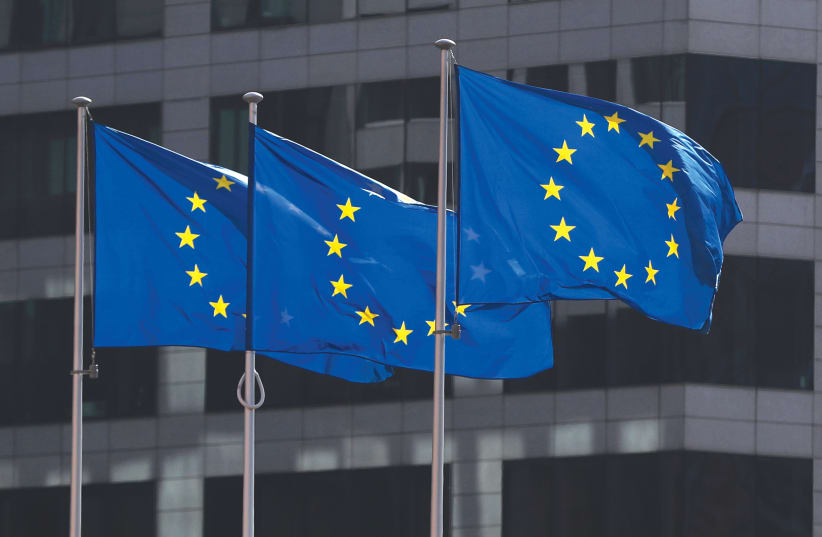One of the biggest challenges to begin with is the fact that the current data doesn't reflect the reality faced by European Jews, with most incidents of hatred against Jews gone unreported, according to the EU Fundamental Rights Agency (FRA), which provides advice to the union and national decision makers.In its annual overview on antisemitism, the FRA claims that the unreported antisemitic incidents, "coupled with large data gaps, mask the true extent of antisemitism and hamper efforts to formulate effective responses.""We are still not able to compare antisemitic hate crime data across Europe, as methodologies and criteria differ from one Member State to another – and in many countries there is almost no overview of the problem," Schinas said during the recent conference.Dealing with a threat whose extent is unknown is problematic, to say the least. "‘’It is imperative that we improve on this," Schinas emphasized, recognizing the problem.He noted that as part of the efforts to better match police statistics with civil society and Jewish community data, nearly eight million euros were invested by the EU Commission this year alone. Moreover, Schinas guaranteed to make sure that preventive actions on antisemitism are considered in the framework of the new, ambitious, seven-year Multi-Annual Financial Framework agreed upon recently by EU leaders.Another challenge relates to the definition of antisemitism and its unified implementation."You can’t fight what you can’t define," Schinas said, referring to the International Holocaust Remembrance Alliance (IHRA) definition of antisemitism, which 18 EU member states have so far adopted. "I would urge all others to move in the same direction, in line with the commitment made in the 2018 Council declaration on the fight against antisemitism."Schinas continued to insist on a holistic approach to fighting antisemitism, which will focus on various civil issues such as security and education – and impact everyone, even those who don't consider themselves as part of the issue. "Antisemitism affects every EU country, even the ones with small or no Jewish communities," Schinas noted."Our Jewish fellow citizens should feel safe and free to lead their lives, work, study, and practice and celebrate their faith like every other member of society," he concluded. "This is the essence of our European way of life."Discussing our work to combat #antisemitism with @VeraJourova @dreynders @helenadalli . From protecting Jewish communities, to countering disinformation, to education & Holocaust remembrance, we are stepping up our action and coordination w/ Member States. pic.twitter.com/AMsSBNfSJm
— Margaritis Schinas (@MargSchinas) September 7, 2020
EU Commission VP: Fighting antisemitism is the essence of European life
"It is clear that to address the issue in all its dimensions, we need a comprehensive approach and increased coordination within and among our Member States."
